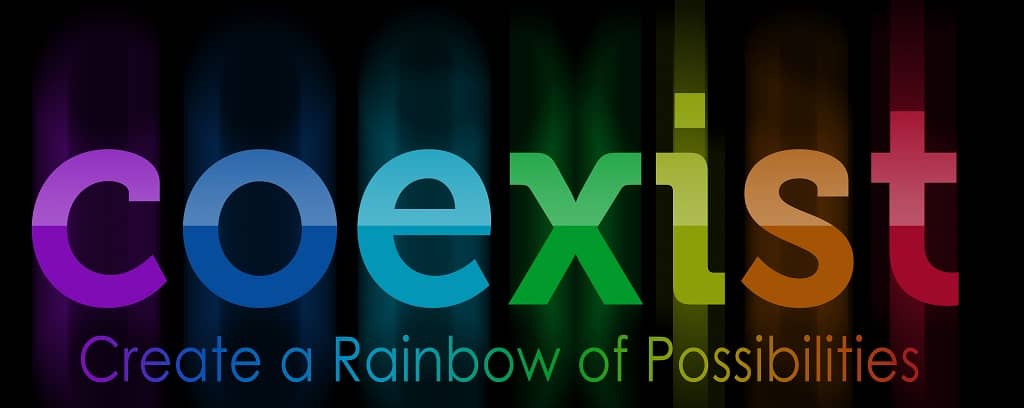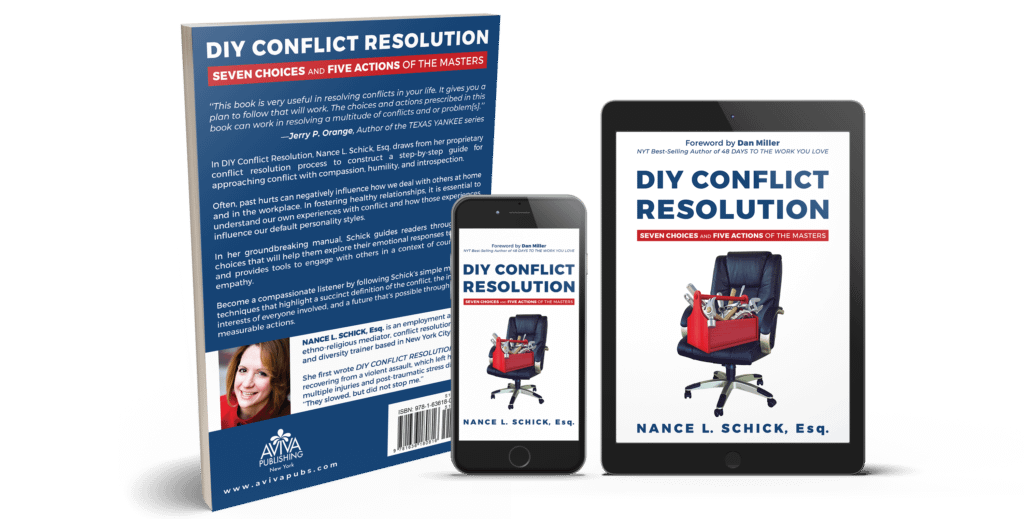The world is full of conflict. The human brain has an intricate web of biases and often plays tricks on us. Rather than succumb to divisive forces, let’s embark on a journey to understand and overcome these biases. I am confident we can foster work environments grounded in inclusivity and understanding.
Before we begin, forgive yourself for having biases. We all have them. I have them, too. That’s just how our brains work. How we act on them is what matters most.
Unmasking Biases Compassionately
The biases we carry are both subtle and overt. In their attempts to keep us safe and conserve our mental energy, our brains generate inaccurate and unhelpful biases like:
- Affinity bias – Favoring people who seem like us
- Confirmation bias – Seeking out information that confirms our existing beliefs
- Stereotyping – Making assumptions about people based on their group affiliation
- Attribution error – Assuming that our own successes are due to merit, where others got lucky or otherwise had it easy
Stereotypes Are Not Evidence
Delving deeper, it becomes evident that stereotypes not only lack evidential support but are also offensive. They undermine individualism, erasing the uniqueness that defines each of us. To resolve this conflict, we must embrace our distinctiveness and challenge these harmful stereotypes.
Look in the mirror. There has never been the exact combination of anatomy, biology, chemistry, genetics, genealogy, geography, education, experiences, and characteristics. There will probably never be another human exactly like you. Or me.
Of course, we are offended when people overlook this. Fortunately, this is a resolvable conflict.
Define the Conflict
We sometimes fail to treat others with the respect we want.
Identify the Interests
We want simple rules to follow. It takes time we don’t want to spend to factcheck our assumptions and biases. We expect people to live up to their stereotypes, and it’s relatively easy for us to find evidence to support our false beliefs.
Play with the Possibilities
Most of us would be happy to know and understand better people from a wide range of backgrounds, as long as it doesn’t take too much time or energy. Fortunately, it doesn’t. You don’t have to become best friends with your new co-worker. There’s no need to set an extra plate at your holiday dinner table, although you’re welcome to, if that works for everyone.
Create the Future
To hunt down your biases and challenge your tricky brain:
- Pay attention to your thoughts and feelings when interacting with people from different backgrounds.
- Ask for feedback from loved ones and trusted colleagues.
- Use unconscious bias tests.
- Explore new experiences and perspectives.
- Actively seek out diversity in your workplace, your social groups, and wherever you spend your time.
Stay on PARR
Plan, act, revise, and repeat these actions indefinitely. We’re not sure anyone can ever be entirely free from bias because our brains will keep creating new ones we need to release.
Conclusion
In a world brimming with diversity, the key to conflict resolution lies in our ability to understand, acknowledge, and overcome biases. By adopting a holistic approach and staying on PARR, we can create workplaces that thrive on inclusivity and understanding. Let’s commit to building a future where biases are confronted and replaced with a genuine celebration of our unique individuality.

